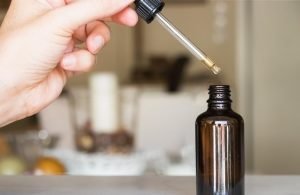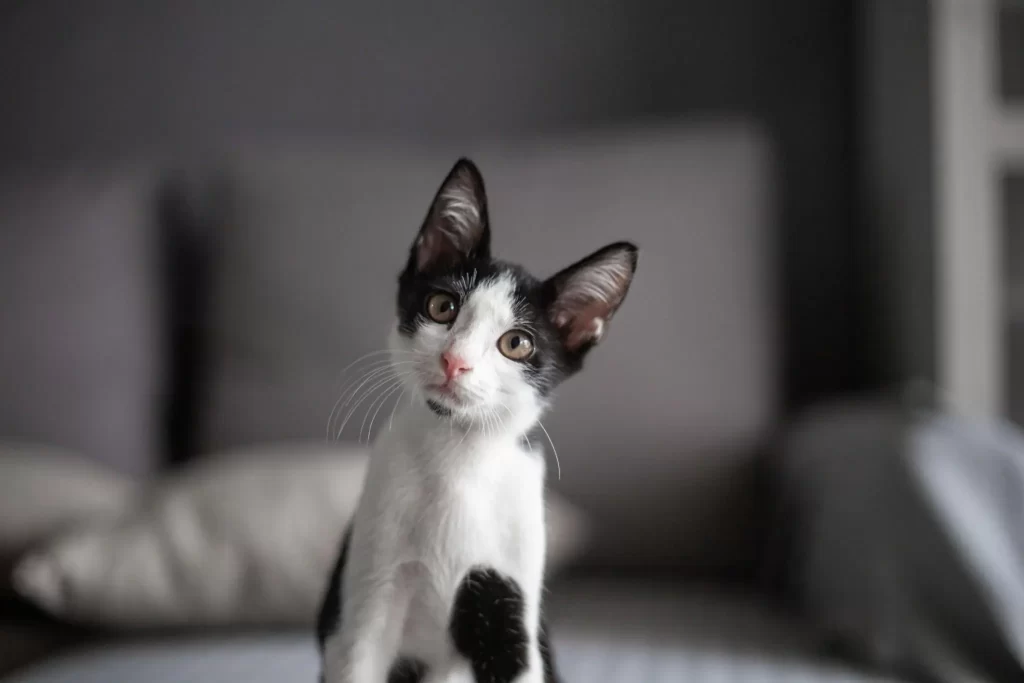Natural supplement colloidal silver has been used for a very long time as an alternative medicine to cure many human illnesses. But did you know that cats can also benefit from taking this supplement? Let’s examine the benefits of colloidal silver for cats and how it can aid in maintaining their well-being.
History of Colloidal Silver Use
Colloidal silver was first used in ancient Greece, where people thought it had healing powers. It was also utilized in traditional Chinese medicine during the Han Dynasty in the third century BC. Later, the Greeks and Romans embraced it to treat skin diseases like eczema. Colloidal silver became widely employed as an antiseptic, germicide, and disinfectant in the late 19th century. Even in World War I, it was employed to treat injuries and stop infections.
Among its many current applications include the treatment of respiratory conditions like bronchitis or pneumonia, skin infections like ringworm and athlete’s foot, and fungal or bacterial sinus infections. It can even be taken orally to increase immunity or improve gut health. It is also thought to aid digestive problems like diarrhoea or food poisoning. Additionally, although there is not currently sufficient scientific data to support this claim, some people think that colloidal silver can aid in the fight against viruses like the flu and colds.

In addition to its medical uses, colloidal silver has additional applications in contemporary life. It has been discovered to be efficient at eliminating mould on surfaces like tiles and walls and can even be used as laundry detergent or cleaning solution for deeper cleaning. Additionally, some research suggests that colloidal silver may lessen inflammation when used topically, making it a wonderful option for people with joint or muscular discomfort.
What Is Silver Colloidal?
Silver atoms suspended in water make up the mineral known as colloidal silver. It is particularly helpful in treating skin disorders, infections, and other illnesses thanks to its anti-inflammatory, anti-fungal, anti-bacterial, and antiviral characteristics. Unlike many conventional pet treatments, colloidal silver doesn’t have any negative side effects or long-term hazards.
[products ]
How does Colloidal Silver Work
Colloidal silver is effective because the minute silver particles adhere to pathogens like bacteria and viruses and render them harmless. This action means that in addition to viral diseases like kennel cough or canine distemper, colloidal silver can also be used to treat skin disorders brought on by bacterial, fungal, or parasitic infections. In addition, colloidal silver lessens inflammation, which can lessen joint pain brought on by disorders like arthritis or other diseases.

Benefits of Colloidal Silver for Cats
- Immune system support: Naturistics Colloidal silver is a fantastic way to support the immune system. It functions by eradicating bacteria and viruses that lead to conditions like lung infections, skin infections, and gastrointestinal problems in cats. Additionally, it can aid in reducing inflammation brought on by joint problems like arthritis. Colloidal silver is a fantastic supplement to keep your cat healthy and happy because of its anti-bacterial and antiviral characteristics.
- Boost Energy Levels: Additionally, colloidal silver increases cats’ energy levels. In addition to offering immunity from diseases, it promotes better blood flow throughout the body, allowing more oxygen to be distributed evenly. Your cat may become more lively and energetic than ever as a result of this, giving them greater energy and vitality.
- Natural Treatment for Skin Conditions: Skin diseases like allergies or fungus infections like ringworm are the most prevalent issues cats encounter. Because it possesses anti-fungal and anti-allergenic characteristics that can help heal skin irritations quickly and easily without harsh chemicals or pharmaceuticals, colloidal silver is a fantastic natural cure for these problems. Additionally, thanks to colloidal silver’s antimicrobial qualities, bacterial infections like hot spots or staph infections can be treated effectively and safely.
How to Safely Administer Colloidal Silver Safely
- Choosing the Best Supplement: Choosing a high-quality product designed especially for animals is the first step in correctly administering colloidal silver to cats. Make sure to thoroughly read labels and search for items that are 100% pure and devoid of any extraneous substances or additives. The best supplement for your cat’s unique needs should also be discussed with your veterinarian.
- Proper Dosage
Most cat lovers who regularly administer colloidal silver to their adult cats either squirt an eyedropper full into the water bowl or add a tablespoon. Kittens can be treated the same way. Cat owners may administer colloidal silver orally to adult cats when they exhibit overt signs of infection. They can do this using a regular eye dropper or a plastic syringe.
For cats with infections, the typical dosage that most cat owners discuss is one standard eye dropper full of 10 ppm colloidal silver, up to three or four times a day, for a brief period, usually no longer than a week. Cat owners can administer 10 ppm colloidal silver to their cats up to three or four times each day with a plastic syringe for no longer than a week.

Most specialists advise ensuring the cat has access to clean, fresh water so that any extra colloidal silver may be quickly removed through the kidneys. Experts advise giving baby cats with infections no more than five or six drops of 10 ppm colloidal silver orally, using a regular eye dropper, no more than four or five times per day.
Adult cats with the infection can be given colloidal silver in their water dish or even mixed into their wet food if they refuse to take it orally. In such a situation, most cat owners concur that tripling the oral dosage already described is required because adding colloidal silver to food or water can drastically limit its effectiveness.
Colloidal silver can also be injected into the eyes for eye allergies, styes, keratitis, and other eye infections. Most cat owners put a drop or two of the solution in each of their feline friend’s eyes several times a day until the infected eye is healed, which usually only takes a few days.
If you’re feeling very courageous and your cat is calm, you can also use an eye dropper to drip a few drops of colloidal silver into the cat’s nose to treat sinusitis. Additionally, cat cuts and scrapes can benefit from applying colloidal silver to hasten healing and avoid infection.
[products ]
Even your cat’s shampoo can contain colloidal silver to help with scratchy skin or to get rid of cat mange (though simply spraying colloidal silver directly onto mangy areas seems to work better, according to most cat owners). You can add colloidal silver to the water if your cat remains still while getting a bath.
Some cat owners sprayed colloidal silver on cat bedding to help destroy germs and fungus and prevent them from spreading or reinfecting the cat. Owners of cats claim that this supports skin and fur health and lessens pet odor on bedding.
Cats’ (or dogs’) ears can also be treated with colloidal silver to treat ear infections quickly.
- Be Careful Not to Overdose: When giving your cat its daily dose of colloidal silver, it’s crucial to avoid overdosing because doing so might be risky. Before continuing with therapy, see your veterinarian if you’re unsure if you’re given the right dosage. The use of colloidal silver on cats should always be regarded as experimental because there have been no clinical studies on the safe dosage of the substance.
Conclusion
Colloidal silver has many potential health advantages, making it a possible supplement for cats. It might lessen inflammation, strengthen the immune system, and speed up wound healing—all things that will keep your cat in top health! However, before giving your cat any form of medication or supplement, we always advise talking about any supplements you want to give them to your veterinarian first. By doing this, you can ensure cats receive the best care while maintaining their health and safety.
